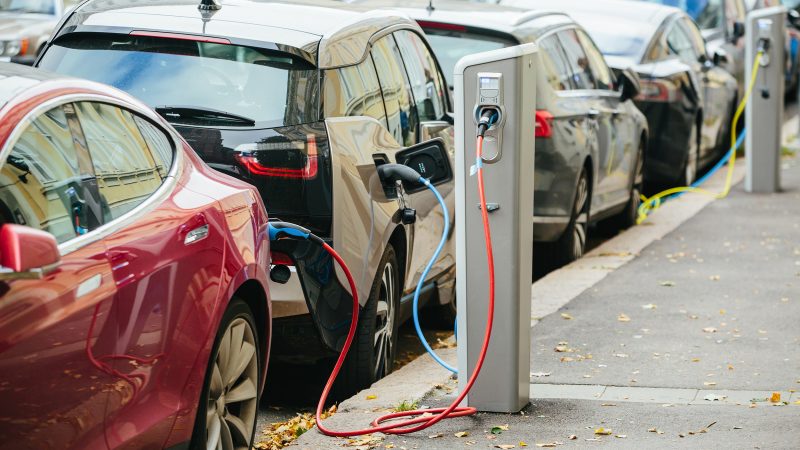
Labour has urged the government to bring forward the phase out date for new petrol, diesel and hybrid vehicles to 2030 as part of the UK’s efforts to cut carbon emissions, reduce air pollution and create jobs.
In a letter to Transport Secretary Grant Shapps sent this morning, three shadow ministers have expressed Labour’s view of the recent government consultation on ending sales of new polluting cars and vans.
The opposition party understands that the cabinet is currently looking at the phase out date for new internal combustion engine (ICE) vehicles and that the Prime Minister is set to announce a decision in the coming weeks.
With transport the UK’s biggest source of greenhouse gas emissions and ICE vehicles by far the most significant cause of roadside air pollution, Labour has highlighted “widespread consensus” on the urgency of the phase out.
Labour frontbenchers Matthew Pennycook, Kerry McCarthy and Alan Whitehead have declared that 2030 – rather than 2035 or later – would be “an ambitious and an achievable phase-out date for new ICE vehicles”.
The demand is backed up by the independent committee on climate change (CCC) having stated in June this year that the date should be brought forward to “2032 at the latest” to meet the UK’s 2050 net-zero carbon target.
Climate change spokesperson Pennycook said: “2030 is an ambitious but achievable date by which to phase out the sale of new petrol, diesel, and hybrid vehicles, one that would give a new lease of life to the UK car industry, whilst combatting climate breakdown and cleaning up the air that dangerously pollutes so many of our towns and cities.
“But as well as accelerating the phase out, the government must also set out a credible plan to get there – one that backs the low-carbon jobs and industries of the future and ensures that workers and communities are properly supported in the transition to a fairer and cleaner economy.
“It’s time for ministers to seize this opportunity as part of a world-leading green recovery from the coronavirus pandemic, creating good jobs across the country, and generating real momentum for next year’s COP26 climate summit.”
While emphasising the environmental benefits of the 2030 cut-off date, Labour has also stressed that manufacturing batteries to replace internal combustion engines would create jobs in the automotive sector.
The UK’s motor industry has been hit hard during the coronavirus pandemic, with many factories having to suspend operations during lockdown. There are also fears about the impact of Brexit, particularly if the UK leaves without a deal.
But reaching a 2030 or later target will be difficult. As the Labour letter notes, “only 1% of the more than 30 million cars on British roads are currently electric”, which means ministers cannot underestimate the scale of the challenge.
Labour has therefore called on the government to also put forward a “robust plan” for meeting the phase-out target, which the party says should be based on:
- “accelerating the development and rollout of sustainable transport technologies like batteries, ensuring that electric vehicles are affordable for more than just a wealthy few;
- “on a clear roadmap to establishing charging infrastructure up and down the country so that people can safely, conveniently, and economically recharge their electric vehicles (including ensuring charging access for those without off-street parking);
- “in a smarter electricity grid able to supply the increased demand that these vehicles will bring;
- “and in green public transport and improved walking and cycling infrastructure.”
Commenting on the intervention by Labour, activist group Labour for a Green New Deal tweeted: “Important call from Labour this morning, rightly demanding the phase-out of polluting vehicles by 2030.
“But we mustn’t replace one extractivism with another. The answer isn’t to green our car culture, but to provide expanded, electrified and free public transport across the UK.”
The CCC, which advises the government on emissions targets and reports to parliament on progress, warned in June that “a limited number of steps have been taken over the past year to support the transition to a net-zero economy”.
Its 2020 report concluded that “much remains to be done” and set out recommendations for improving the UK’s resilience to climate change government department by government department for the first time.




More from LabourList
Letters to the Editor – week ending 15th February 2026
‘Labour council candidates – it’s tough, but all is not lost’
‘Labour won’t stop the far right by changing leaders — only by proving what the left can deliver’